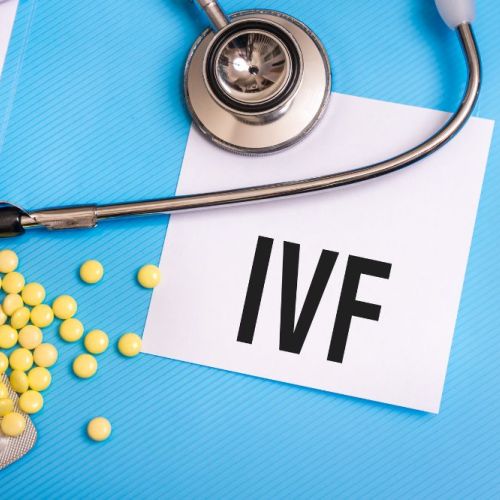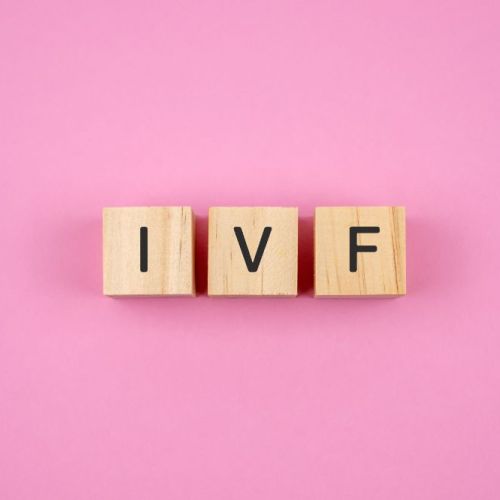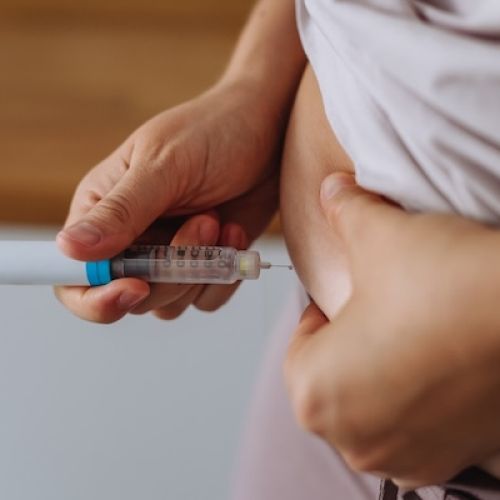Cancer and Fertility in Both Men and Women

More than 135,000 people younger than 45 are diagnosed with cancer every year. These men and women may still want to add to their families, but worry how their diagnosis and treatment will affect their fertility.
These numbers don’t include the hundreds of thousands who’ve recovered from childhood cancer and who also desire to go on to have a healthy, biological baby.
The doctors at California Center for Reproductive Health are in a unique position to discuss fertility preservation and your reproductive options, whether you’re a current cancer patient or a survivor.
Dr. Eliran Mor and Dr. Irene Woo understand the effects specific cancer treatments have on male and female fertility and can help with fertility preservation methods or hormonal and reproductive management after cancer treatment.
Cancer and male fertility
A man’s ability to father a child through normal sexual activity can be affected by cancer and cancer treatments. Reproductive problems may occur when hormone levels are altered due to cancerous cells or treatment, or when reproductive organs were removed due to cancer invasion.
Intensive radiation or chemotherapy can kill stem cells intrinsic to sperm production. Many men regain their ability to produce sperm after remission from cancer, but some do not. Hormone therapies that are used to treat prostate or other cancers can also have a negative impact on the hormones that help develop sperm.
Male fertility preservation methods
If you’re a man facing a cancer diagnosis, we can review your options for preserving your sperm for the future. Males who’ve passed puberty can provide a semen sample that’s then frozen in liquid nitrogen. This sperm remains viable for several decades.
You don’t have to be able to ejaculate to provide a sperm sample either. Our team can review options with you, such as surgical sperm extraction or electroejaculation.
Cancer and female infertility
Cancer and its treatment can greatly affect a woman’s fertility, sometimes pushing her into early menopause. We offer fertility assessments both before and after treatment.
The effects on your fertility that you experience due to cancer may include a depletion in the number of eggs stored in your ovaries (your ovarian reserve.) You’re also at risk of premature ovarian failure, reduced production of ovarian hormones, and potential scarring in the uterus or fallopian tubes, any of which can interfere with fertilization and implantation.
Female fertility preservation methods
Our caring doctors can help you understand your ovarian reserve and the impact your treatment may have on it. Plus, we can honestly look at your ability to carry a pregnancy and review all of your options.
In addition to your specific cancer diagnosis, other issues to consider are your age, what type of chemotherapy you had, your fertility and menstrual history, and the doses of radiation and chemotherapy you received.
We can support you in egg freezing or embryo freezing so you can get pregnant after your cancer treatment, even if such cancer treatment puts you into premature ovarian failure. Special arrangements are made to expedite your treatment, regardless of where you are in your menstrual cycle.
The entire fertility preservation is done within about two weeks and can finish before you undergo your first cancer treatment.
A cancer diagnosis is scary. Let us help you at least ease some fears and preserve your ability to enjoy a family once you’ve progressed through treatment. Cancer can affect fertility in both men and women, but with our expert, state-of-the-art fertility preservation methods, you have a great chance at parenting a biological child.
Contact one of our locations in Encino, Santa Monica, Valencia, Alhambra, or West Hollywood, California, right away or use the online tool to schedule a consultation. We’ll work with you and your oncologist to provide you the best chances at preserving your fertility so you have one less thing to worry about as you heal.




